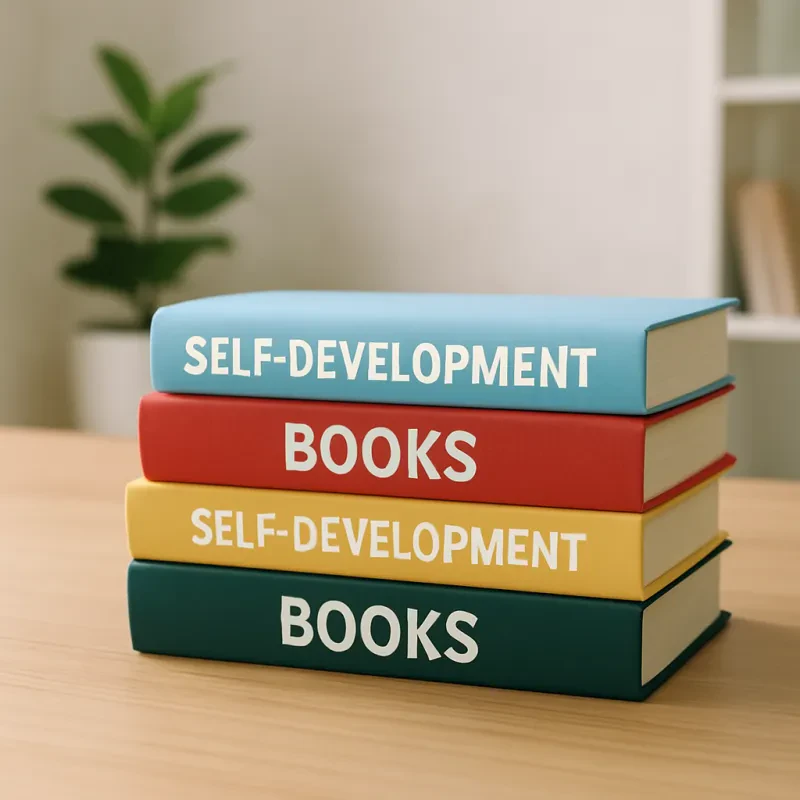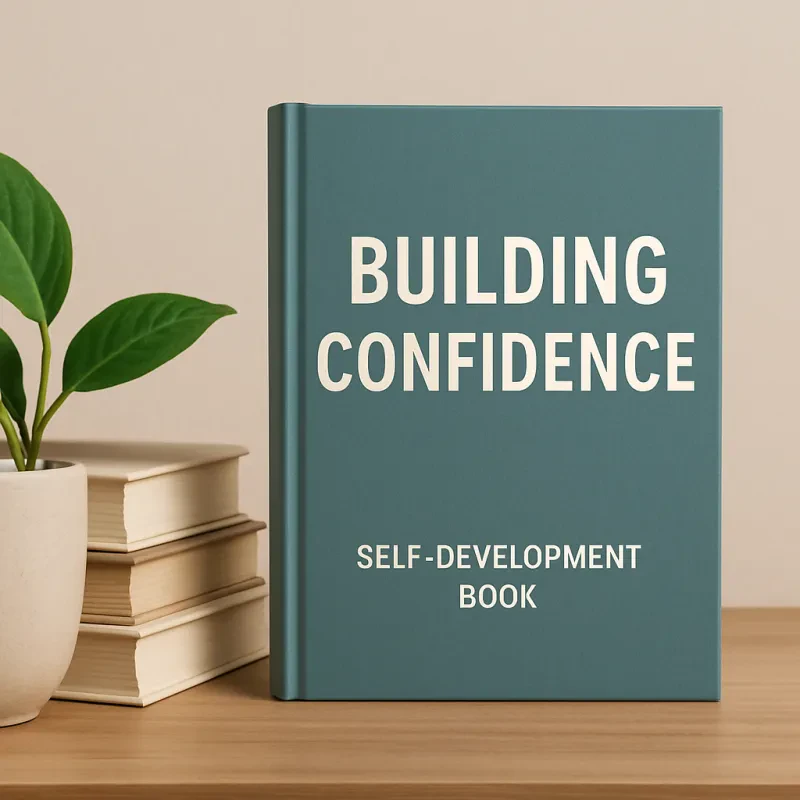Prioritizing Self-Friendship: A Guide to Becoming Your Own Best Friend
The concept of being your own friend can change your life. Self-friendship is about treating yourself with the same kindness and support you offer to others. In a world that often pushes us to seek approval from external sources, becoming our own best friend can unlock happiness and resilience.
The Importance of Self-Love in Modern Society
Today, many people struggle with low self-esteem and societal pressures. Self-love is not a luxury; it's a necessity. It fosters mental health, boosts confidence, and encourages resilience. When you prioritize your own feelings and needs, you can better support others.
Defining Self-Friendship: More Than Just Self-Esteem
Self-friendship goes beyond self-esteem. It's about building a strong relationship with yourself. This means understanding who you are, accepting imperfections, and celebrating victories. It’s a lifelong commitment to nurturing your inner self.
The Benefits of a Strong Self-Relationship: Improved Mental and Physical Well-being
A solid self-relationship can lead to several benefits, including:
- Better mental health: Reduced anxiety and depression
- Increased happiness: More fulfillment in daily life
- Enhanced physical well-being: Better habits and routines
- Stronger relationships with others: Healthy connections start with a healthy self
Understanding Your Inner World: Self-Reflection and Acceptance
True self-friendship begins with understanding your thoughts and feelings.
Identifying Your Strengths and Weaknesses: Honest Self-Assessment
Take time to list what you excel at and where you struggle. This honest assessment can guide your personal growth.
Practicing Self-Compassion: Embracing Imperfection
No one is perfect. Accepting that you make mistakes is crucial. Treat yourself with kindness during tough times.
Journaling Prompts for Self-Discovery
- What are three things I love about myself?
- How do I handle stress?
- What are my main goals in life?
Cultivating Self-Compassion: Treating Yourself with Kindness
Being kind to yourself can transform your experience.
The Power of Positive Self-Talk: Challenging Negative Thoughts
We often speak to ourselves harshly. Challenge those negative thoughts. Replace them with positive affirmations that uplift you.
Forgiving Yourself: Letting Go of Past Mistakes
Holding onto regrets weighs you down. Forgiveness frees you. Acknowledge mistakes, learn from them, and move forward.
Acts of Self-Care: Prioritizing Your Well-being
Engage in self-care activities that rejuvenate you, like:
- Meditation
- Exercise
- Spending time in nature
Setting Boundaries and Saying No: Protecting Your Energy
Knowing your limits is vital for self-friendship.
Recognizing Your Limits: Identifying Energy Drainers
List activities or people that drain your energy. Recognizing these will help you manage your time better.
Assertiveness Techniques: Communicating Your Needs Effectively
Practice saying what you need clearly. Use “I” statements to express your feelings and boundaries.
The Importance of Saying No: Protecting Your Time and Mental Health
Saying no protects your mental health. Only commit to things that align with your values and well-being.
Building a Supportive Inner Dialogue: Positive Affirmations and Self-Encouragement
Your inner voice should be a source of strength.
The Science of Positive Affirmations: Impact on Mindset
Research shows that positive affirmations can increase your confidence and improve your mindset. They create a supportive inner dialogue.
Creating Personalized Affirmations: Tailoring to Your Needs
Craft affirmations that resonate with you, such as “I am worthy,” or “I deserve happiness.”
Daily Practices for Self-Encouragement: Building a Routine
Set aside time daily for positive self-talk. Make it a ritual to build resilience over time.
Nurturing Your Unique Qualities: Embracing Your Individuality
Celebrate what makes you unique.
Identifying Your Values: Understanding Your Core Beliefs
Know what matters to you. Your values guide your choices and help you live authentically.
Celebrating Your Achievements: Acknowledging Your Successes
Recognize every success, big or small. Celebrating achievements, like promotions or overcoming challenges, builds your self-esteem.
Cultivating Self-Confidence: Believing in Your Abilities
Trust in your abilities will grow as you focus on your strengths and achievements.
Conclusion: Embracing the Journey of Self-Friendship
Being your own friend is a rewarding journey.
Key Takeaways: Recap of Main Points
- Self-friendship builds a strong foundation for happiness.
- Self-reflection and kindness are key to self-acceptance.
- Setting boundaries protects your mental energy.
Maintaining Self-Friendship: Ongoing Commitment and Practice
Make self-friendship a daily practice. Begin small and build from there.
Resources for Further Exploration
- Books: "The Gifts of Imperfection" by Brené Brown
- Websites: Psychology Today (psychologytoday.com)
- Podcasts: "Unlocking Us" (available on major platforms)
Engaging in self-friendship is essential for personal growth and overall happiness. Start today, and nurture that bond with yourself. Your journey toward becoming your own best friend is just beginning.



